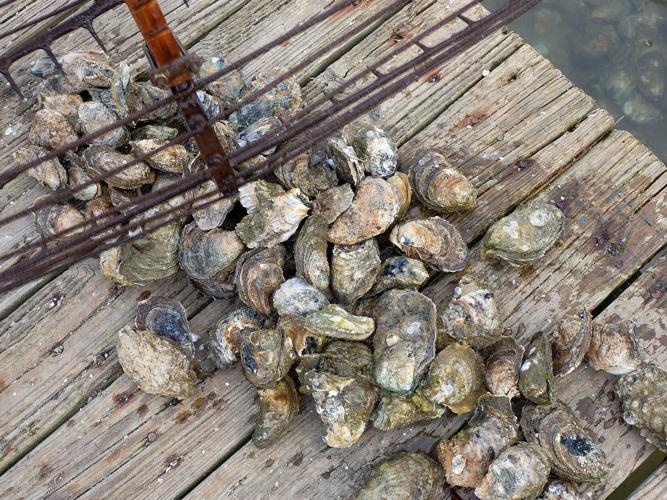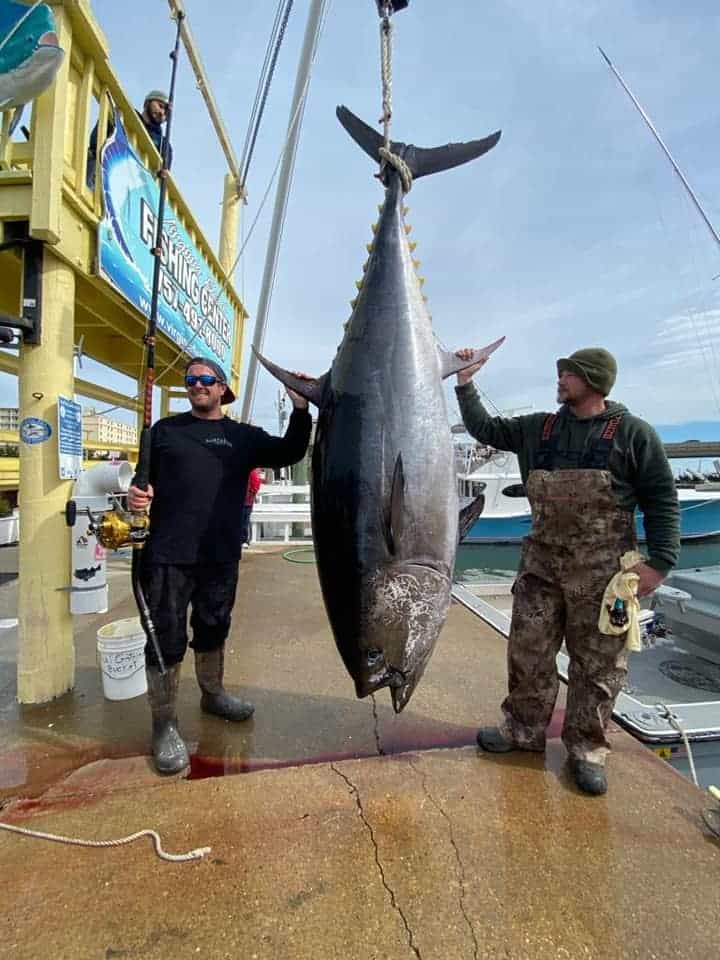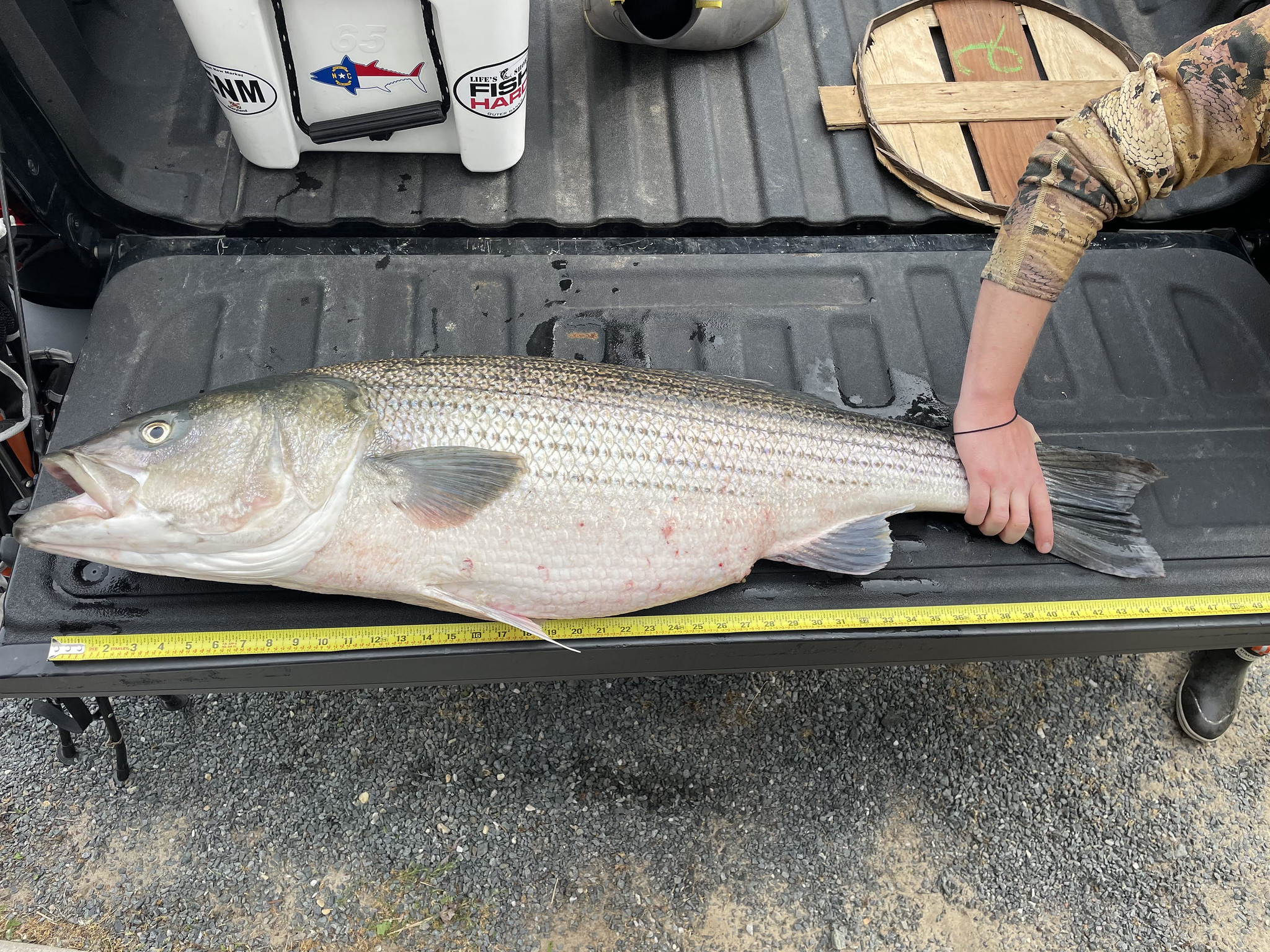By Timothy B. Wheeler, Bay Journal News Service
Maryland has filed suit against the water and sewer utility serving St. Mary’s County, accusing it of unlawfully spilling nearly 2.2 million gallons of untreated sewage, most of it into Chesapeake Bay tributaries, in dozens of sewer overflows over the past five years. A spill in 2021 has been tied to a food poisoning outbreak that sickened 27 people in Virginia who consumed oysters from a sewage-tainted St. Mary’s County creek.
Acting on behalf of the Maryland Department of the Environment, Attorney General Brian Frosh filed the lawsuit Dec. 1 against the St. Mary’s County Metropolitan Commission. The complaint seeks civil penalties and a court injunction ordering MetCom, as the commission is known, to stop the repeated overflows.
“We have charged MetCom with multiple violations of the most fundamental laws that protect public health and the environment,” Frosh said in a release announcing the lawsuit. “Releasing raw sewage could not be more dangerous. We will hold them accountable.”
From 2017 through October of this year, MetCom discharged 2,170,876 gallons of sewage onto the ground or into local waters on 58 different occasions, the state’s suit alleges.
“This complaint is a necessary action, given the unacceptable series of sewage overflows and illegal discharges,” MDE Secretary Horacio Tablada said in a statement. “It is important to note that it not only seeks financial penalties but also a requirement for corrective actions to be taken to fix this problem.”
In late October 2021, during an unusually severe tidal flood, 25,600 gallons of diluted but untreated sewage spilled into St. George Creek off the Potomac River. Unaware of the incident, a St. Mary’s aquaculture business harvested more than 7,000 farmed oysters from the creek shortly afterward and shipped most to Virginia for sale at weekend festivals. Health officials said weeks later that 27 people who attended those events reported getting sick after eating the raw oysters.
As legally required, MetCom had promptly reported that overflow, as it did with all the other episodes cited in the lawsuit. But MDE, which regulates shellfish harvesting waters, failed to act on MetCom’s notification of the October 2021 spill before Virginia authorities began hearing from sickened festivalgoers. An MDE spokesman said the agency’s failure to close the creek promptly to shellfish harvesting stemmed from an internal communications breakdown.
The state’s lawsuit, filed in St. Mary’s County Circuit Court, comes less than two months after the Potomac Riverkeeper Network notified MetCom of its intent to file a citizen suit alleging that its repeated sewage overflows violate the federal Clean Water Act.
Potomac Riverkeeper Dean Naujoks welcomed the state’s lawsuit, adding that his group intends to petition to intervene in the case so it can participate in any negotiated settlement.
“This was going on for 4 or 5 years and nobody was doing anything about it,” Naujoks said. “There were barely any fines. Now it’s going to be addressed.”
MDE has already fined MetCom for most of the sewage overflows listed in the lawsuit. It collected a total of $17,971 in penalties earlier this year for overflows from 2017 through 2020, then got an additional $13,029 for 10 of the 14 overflows reported in 2021. MDE waived fines for four overflows, two of which were caused by others and two because of “significant weather events,” according to MDE spokesman Jay Apperson.
The lawsuit seeks fines of up to $10,000 a day for the seven overflows reported so far this year and a court order to MetCom to upgrade its sewer network to prevent further overflows.
George Erichsen, MetCom’s executive director, noted that St. Mary’s County has 450 miles of shoreline on the Bay and its tributaries. The utility has taken steps to limit the number of overflows in low-lying areas subject to repeated tidal flooding, he said. Pumps used to move sewage to the treatment plant have new, sealed lids so floodwater can’t get into the system. Corroding iron valves and other deteriorating pipes also have been replaced, he said.
“Whatever they’ve done is great but it’s not enough,” said the Potomac Riverkeeper. “They’re still expanding growth and still trying to add new houses to their failing sewage collection system.”
Naujoks said he hopes the attorney general “drops the hammer” on MetCom, but he warned that sewage overflows in coastal areas will become more of a problem across the Chesapeake Bay watershed as climate change raises sea level.
“This isn’t an isolated case,” he said. “I think there are a lot of counties that are at risk.”




